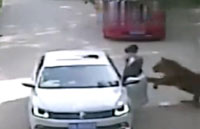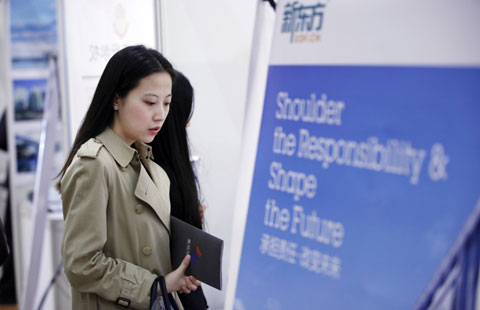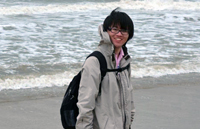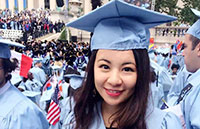Xinjiang remains polio-free
By SHAN JUAN in Beijing and Shao Wei in Urumqi (China Daily) Updated: 2012-12-20 01:00"Thanks to assistance from the WHO and UNICEF, we launched a massive polio vaccination program in Xinjiang and regained the polio-free status within a short time," he said.
Five large-scale vaccination campaigns have been carried out in Xinjiang between September 2011 and April 2012, and at least 43 million doses of polio vaccine were given to children and adults.
According to the WHO, Chinese governments at all levels spent more than 340 million yuan for the response effort.
Michael O'Leary, the WHO representative in China, said that the 2011 polio outbreak showed that no place was safe until the crippling and lethal infection is eradicated worldwide.
With vaccination being the only means of prevention, it's crucial to strive for and maintain high immunization coverage, he added.
Luo Huiming agreed and recalled some difficulties during the massive vaccination campaigns.
Some local people refused at first to get vaccinated because of ethnic traditions, he said.
"Some even confused vaccination with family planning — the two sound similar in Chinese," he said.
"But with great patience we informed them of the importance of vaccination, and most finally said yes," he said, adding that the vaccination programs were free and voluntary.
A 33-year-old Uygur resident of Kashgar, Xinjiang, who gave his name as Parhat, was vaccinated during the campaigns.
"People younger than 40 in southern Xinjiang were advised to get the polio vaccine, so I did. I took the 'sugar pill' vaccine twice for free at the community center since last September," he said.
"Before taking the vaccine, I read and signed the notice about possible side effects after taking the pill. I had a fever after taking the vaccine, but the day after I was fine," he said.
- China backs WHO in implementation of health-related goals: Xi
- China, US vow to boost trust
- Ex-military leader Guo given life in bribery case
- Ministries discuss retirement age, food security
- 'Flying objects' restricted for G20 Summit
- Jobs growing, but applicants are lagging
- Top Chinese economic fugitive to return
- Taiwan investigators detect 'gasoline reaction'
- Government moves to tackle e-waste pollution
- Xi calls for heightened supervision of reform









